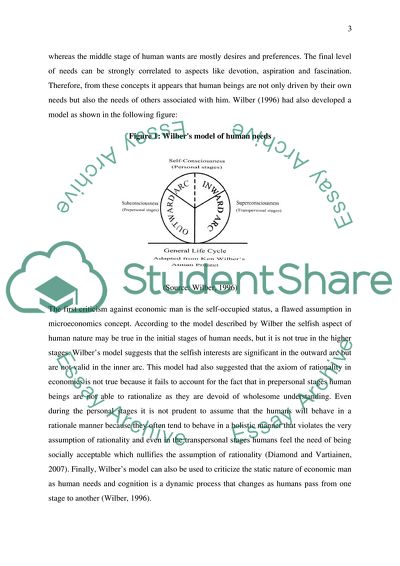Cite this document
(Economics Essay Example | Topics and Well Written Essays - 1750 words - 5, n.d.)
Economics Essay Example | Topics and Well Written Essays - 1750 words - 5. https://studentshare.org/macro-microeconomics/1854959-economics
Economics Essay Example | Topics and Well Written Essays - 1750 words - 5. https://studentshare.org/macro-microeconomics/1854959-economics
(Economics Essay Example | Topics and Well Written Essays - 1750 Words - 5)
Economics Essay Example | Topics and Well Written Essays - 1750 Words - 5. https://studentshare.org/macro-microeconomics/1854959-economics.
Economics Essay Example | Topics and Well Written Essays - 1750 Words - 5. https://studentshare.org/macro-microeconomics/1854959-economics.
“Economics Essay Example | Topics and Well Written Essays - 1750 Words - 5”. https://studentshare.org/macro-microeconomics/1854959-economics.


